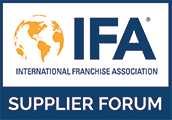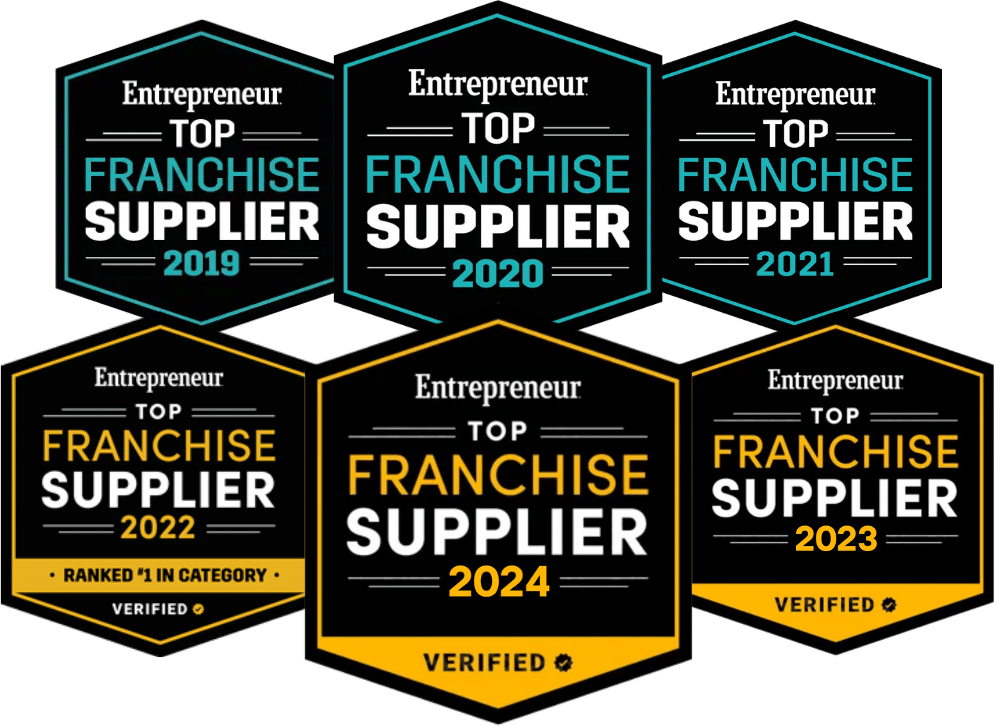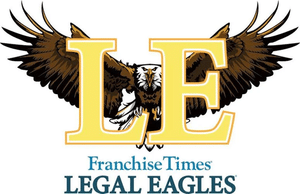Under the FTC Franchise Rule, not every franchise offering requires disclosure of an FDD, though the majority do require disclosure. State laws often layer additional requirements to the below exemptions if the state allows for such exemptions. The following franchise transactions are exempt from disclosure under federal law:
- Fractional Franchise Exemption
- Where a franchisee prospect will be adding your product or service to an existing business, all of the following must be met:
- Experience – prospect must possess at least two years of experience in the industry of the franchised business
- You and the prospect must have a reasonable basis to believe that sales resulting from the franchised business will not exceed 20% of total annuals sales by franchisee in the first year of operation
- Large Franchise Investment Exemption
- Where a franchisee prospect’s initial investment is $1 million dollars or greater.
- “Initial Investment” includes the start-up costs and expenses typically disclosed in FDD Item 7 and expenses paid by the prospect franchisee through the opening of the franchised outlet and through the three-month period thereafter minus costs associated with unimproved land and any funds obtained through franchisor financing or an affiliate.
- Basis for this exemption presumes that a prospect making a large franchise investment will be more sophisticated and is less likely to require the protections afforded by FDD disclosure.
- You must obtain a signed acknowledgement from the prospect franchisee that contains the following:
- Where a franchisee prospect’s initial investment is $1 million dollars or greater.
- Where a franchisee prospect will be adding your product or service to an existing business, all of the following must be met:
The franchise sale is for more than $1 million – excluding the cost of unimproved land and any financing received from the franchisor or an affiliate – and thus is exempt from the Federal Trade Commission’s Franchise Rule Disclosure requirements, pursuant to 16 C.F.R. Section 436.8(a)(5)(i).
- Large Franchisee Exemption
- Two criteria must be met:
- The prospect franchisee must possess a net worth of at least $5 million. Net worth is determined by the prospect’s balance sheet.
- The prospect franchisee must also have been in business for at least 5 years. The prospect’s prior business experience does not need to be related to the franchised business.
- You may consider prior experience and net worth of the prospect franchisee’s parent and affiliates.
- Two criteria must be met:
- Leased Department Business Exemption
- Most often this exemption is used in retail settings where an independent retailer conducts its business from a premises leased from a larger retailer and in the larger retailer’s location, provided that the independent retailer is not required to purchase goods or services from the larger retailer or from suppliers designated by the larger retailer.
- This exemption is very atypical of franchise offerings and in general, will not apply to you if you are an active franchisor with an FDD.
- General Partnership Exemption
- Partnerships are excluded from the FTC Franchise Rule. Note that a partnership requires a proportionate allocation of liability exposure and risk.
- Insider Transaction Exemption
- Applies to a franchise sale to a prospect franchisee employed (as officer, director, managing agent, general partner, owner) by you within prior 60 days and for at least 24 months
- The Insider must want to purchase at least a 50% ownership interest in the franchise being offered.
- Minimum Payment Exemption
- Where the total of the required payments, or commitments to make a required payment, to you or an affiliate that are made at any time before to within 6 months after the prospect franchisee’s business has commenced operations is less than $500.
- Commencement of franchisee operations is determined by the date the franchisee first makes goods or services available to the public.
- This exemption is very atypical of franchise offerings and in general, will not apply to you if you are an active franchisor with an FDD.
- Oral Franchise Agreement Exemption
- Applies to franchise agreements that are oral only and where there is no written documentation of the material terms of the franchise relationship.
- This exemption is very atypical of franchise offerings and in general, will not apply to you if you are an active franchisor with an FDD.
- Petroleum Marketing Practices Act Exemption
- Applies to gasoline stations and other businesses that are governed by the Petroleum Marketing Practices Act.
- This exemption is very atypical of franchise offerings and in general, will not apply to you if you are an active franchisor with an FDD.
- Single Trademark License Exemption
- Applies where an individual licensee is granted the right to use your trademark so long as the typical indicia of a franchise system are absent.
Remember, if you think there is a federal exemption that may be applicable in a given situation, it is still imperative to reach out to your Spadea Lignana team for an evaluation of state-specific franchise laws as certain states, particularly states that require registration, do not recognize many of the federal exemptions or have additional requirements to meet the state definition of a given exemption.







